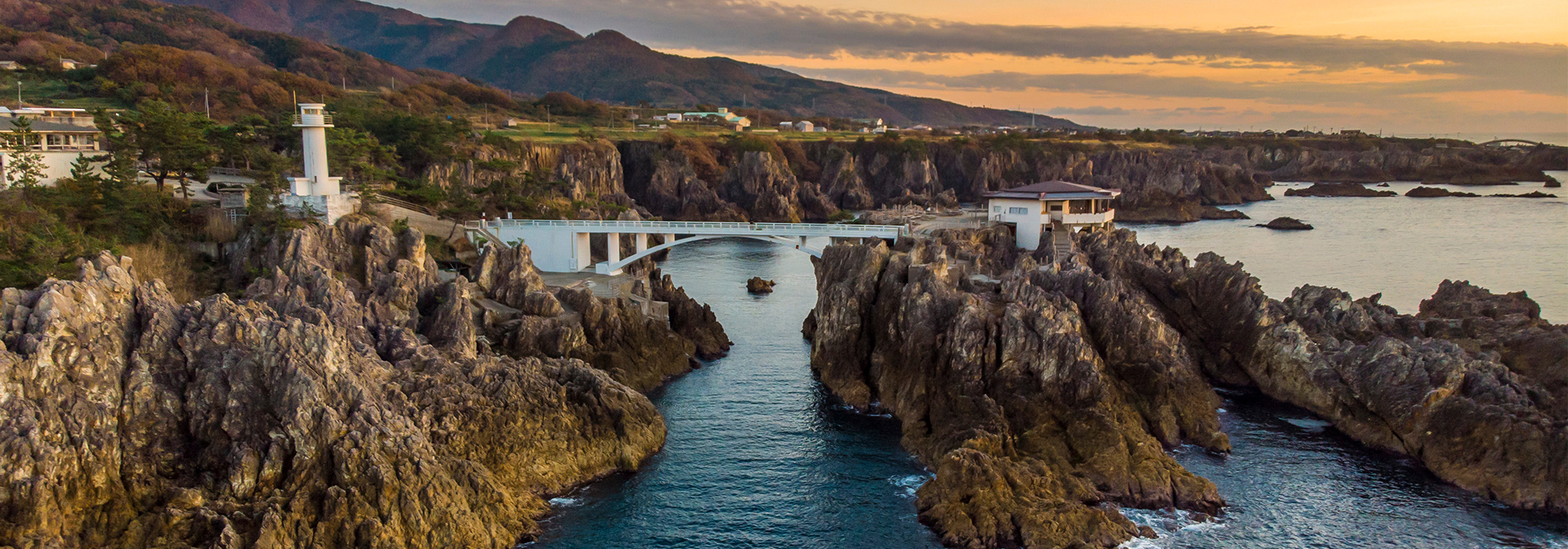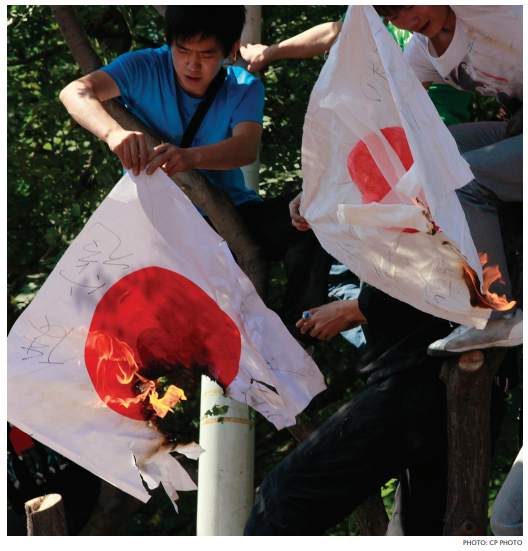
In the midst of intensely heated public demonstrations and tension surrounding the Senkaku Islands, the news that written works of Japanese origin are disappearing from the shelves of bookshops in China came as something of a shock to me as a Japanese writer.
It is my belief that, of all the feats of growth and development East Asia has seen in the last 20 years, the formation and maturation of what has come to be known as a unique “cultural region” is by far the greatest. The catalyst for this maturation is, without a doubt, the sudden and tremendous economic growth of countries like China, Korea and Taiwan. And with the achievement of economic stability comes the flourishing of cultural and artistic creation, with each country now able to freely exchange their own unique cultural creations across the seas and borders.
We should say that this is a truly wonderful thing that we have created for ourselves.
Taking the incredible popularity of Korean television programs as an example, through this form of media, Japanese people have become increasingly familiar with Korean culture. Furthermore, the number of Japanese studying the Korean language has skyrocketed in recent times.
The establishment of this kind of desirable environment in East Asia is the result of years of hard work by countless individuals, myself included, who have poured their very heart and soul into its creation. Although there was only ever so much that I could do, I persisted. And, if this kind of stable exchange would continue, it was my hope that the problems that have occurred recently between our countries would be solved, even if it would take time.
Whichever language we speak, we all experience and are driven by the same feelings and emotions. Our aim, through the exchange of culture, is to foster this notion. The exchange of our respective cultures is like sending our very souls across seas and borders, so that they may be experienced and understood by others, and we theirs.
As a Japanese, as a writer, I fear that the dispute over the Senkaku Islands, and even the recent troubles involving Takeshima, will do little but destroy the cultural world that we have all worked so hard to create over many years, and dig up the path that we have laid, brick by brick.
Unfortunately while the things that [we] call national borders exist, issues and disputes over territory and ownership are unavoidable. These are, however, practical problems that we must face.
They require and must be solved with practical solutions, and should never be thought of as anything but. When issues such as these present themselves, it is easy to lose sight of the crux of the matter, and feelings of national pride often become involved. Old wounds are easily opened and feelings are hurt. But, once arguments of this kind are entered into, we find ourselves in very dangerous territory, often with no easy way out.
Anger-fuelled disputes of this kind are not unlike getting drunk on cheap liquor: we become intoxicated very quickly; our voices grow loud and our words rash. Our behaviour can turn violent, and our way of thinking, usually so calm and logical, becomes simplified, relying on our base instincts. We start to fixate on our innermost feelings and desires, repeating ourselves over and over, without allowing any room for logical thought.
But when the rioting has stopped and shouting has died down, all we are left with is an almighty hangover.
It is our duty to defend ourselves against politicians and polemicists who treat us to such cheap liquor and attempt to goad us on… Government figures and political commentators may be incredibly skilled at giving impressive, motivating speeches and make comments that strike a chord with the people, but, in reality, they are never the ones at risk. It is we, the people, who enter into the site of conflict and, ultimately, get hurt.
In my novel The Wind-Up Bird Chronicle, I drew on the Battles of Khalkhin Gol… between Manchuria and Mongolia in 1939. The battles that were fought there, while comparatively short, were brutal, and resulted in the loss of more than 20,000 Japanese, Soviet Russians and Mongolians. All for the sake of territory and borders.
After completing the novel, I took myself to the site of those battles to see the land for myself. Standing in the centre of that vast, barren wilderness, which remains littered with bullets, ammunition cases and soldiers’ personal belongings even to this day, I felt utterly helpless. One thought echoed endlessly through my mind: “Why on earth would so many men come to such a barren, sterile slice of nothingness and mindlessly take each other’s lives?”
I am not in a position to pass comment on the recent removal of Japanese texts from Chinese bookstores. That is an issue for the Chinese alone to deal with, and will remain so until the end. Of course, as a writer, I feel a tremendous sense of sorrow that this action has been carried out, but there is little that I can do about it. What I can say is that I urge each and every one of you to show restraint, and not to become involved in any act of retribution for this action. The moment that we retaliate or rise to behaviour of this kind, we do little more than harm ourselves.
Photo: Shutterstock by unterwegs







